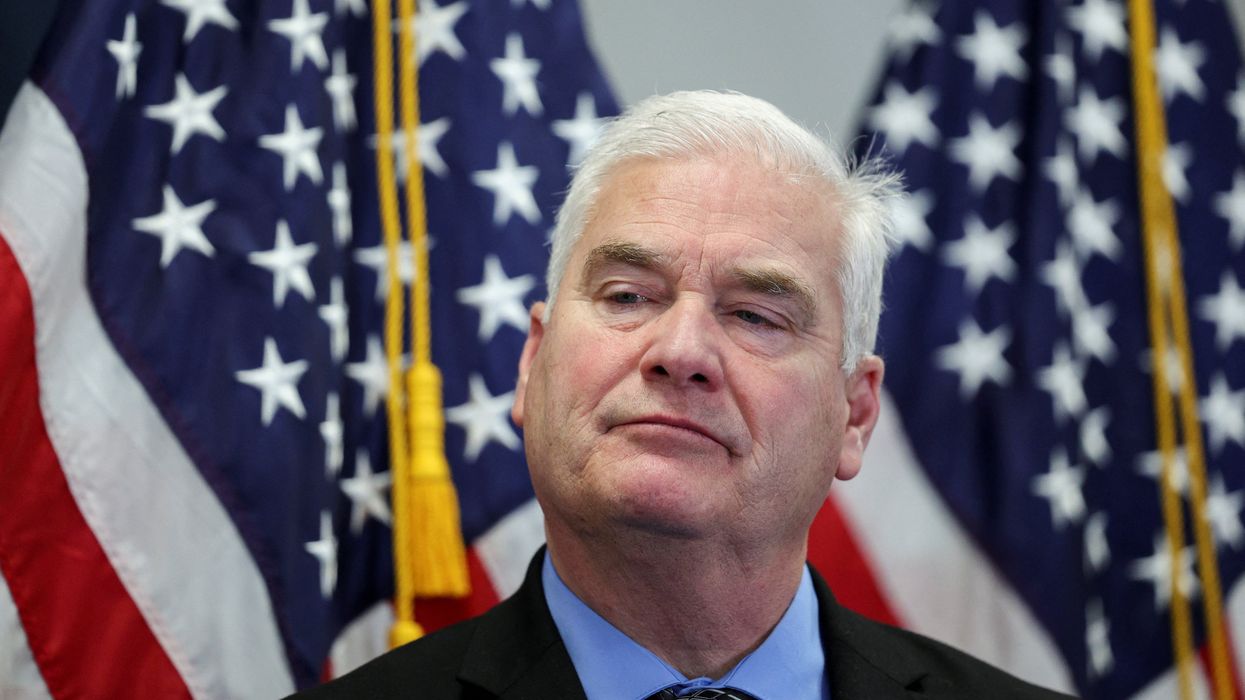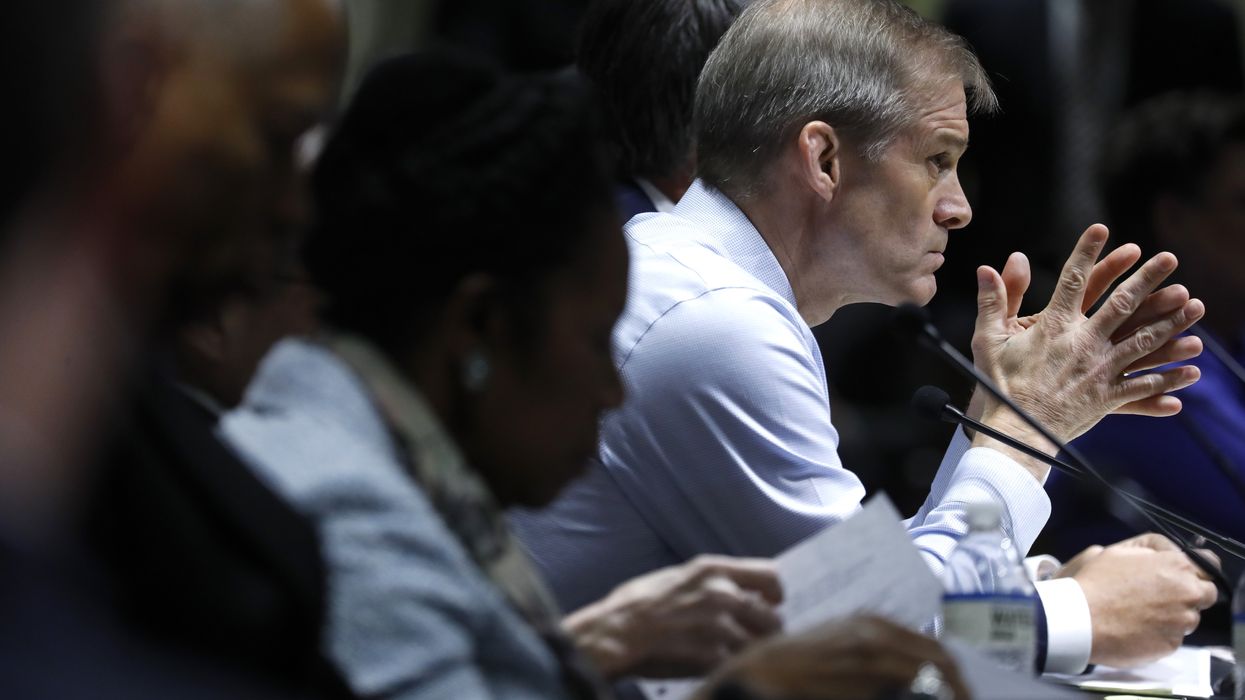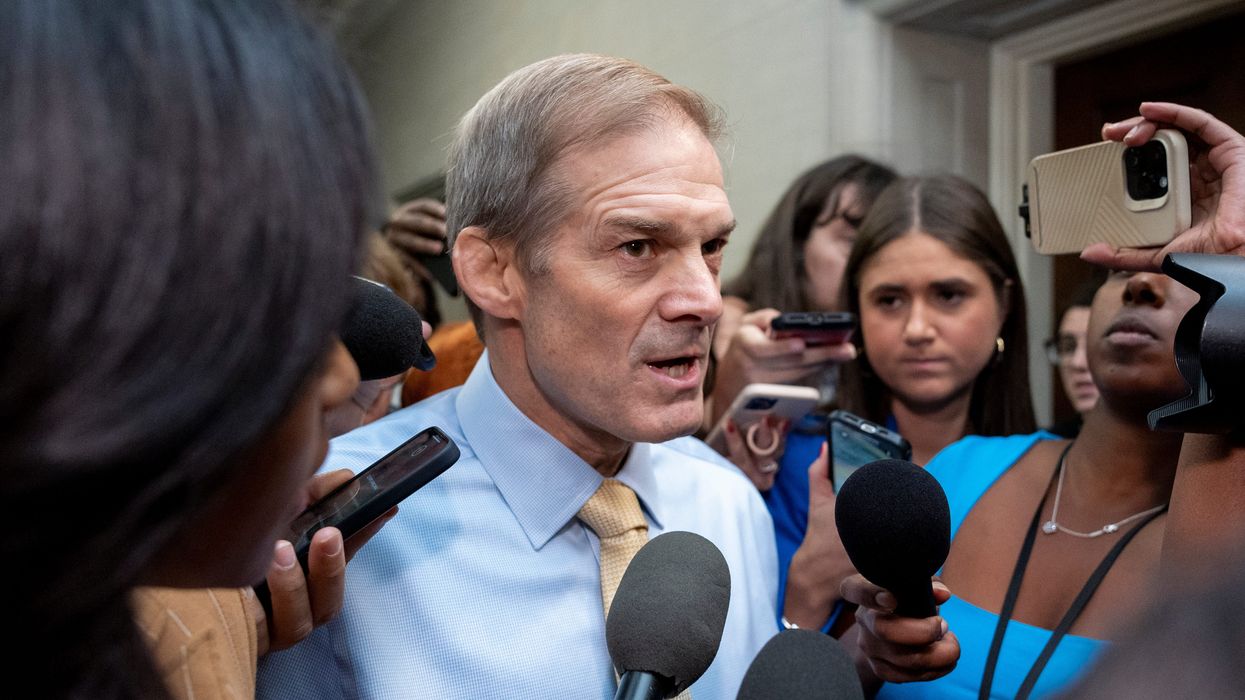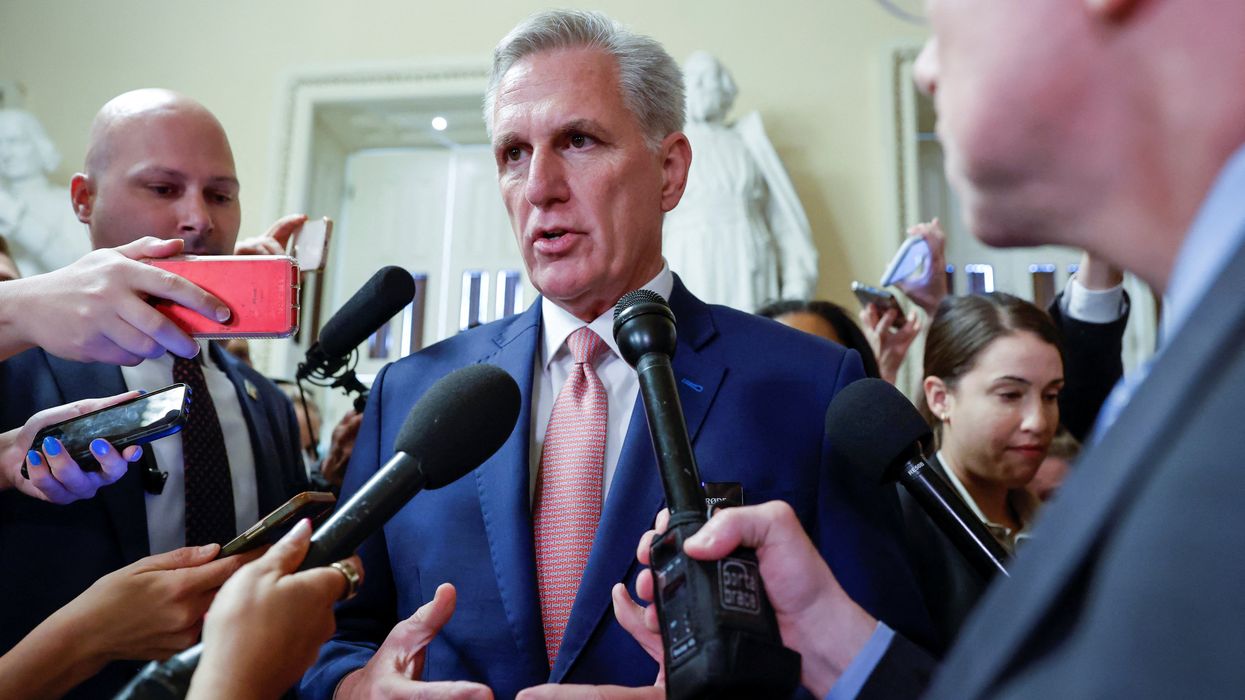GZERO North
Speaker showdown could delay election certification and more
Congress reconvenes on Friday, with new and returning lawmakers meeting for the first time amid transitional planning for the incoming Trump administration, arrangements for the funeral of former President Jimmy Carter, and Mike Johnson’s maneuvering to return as speaker.
Jan 02, 2025










